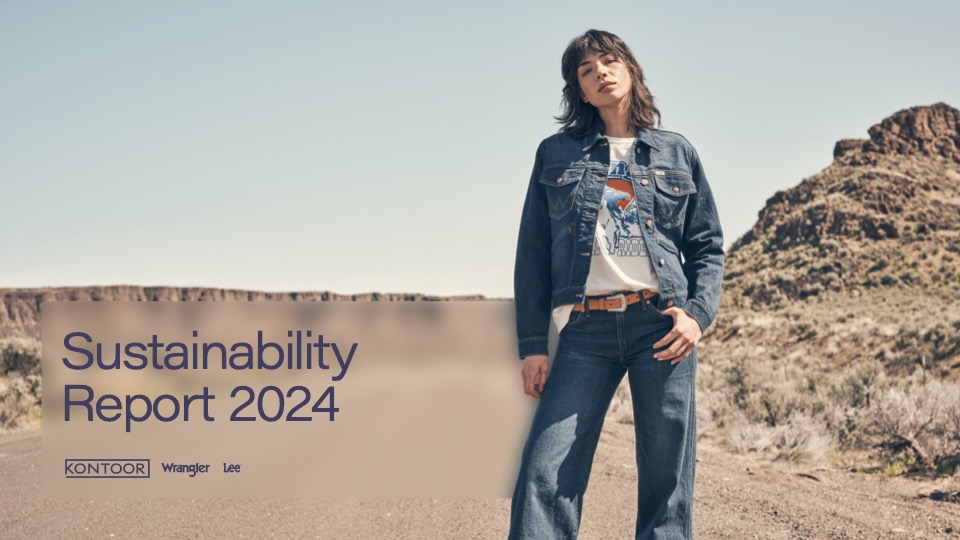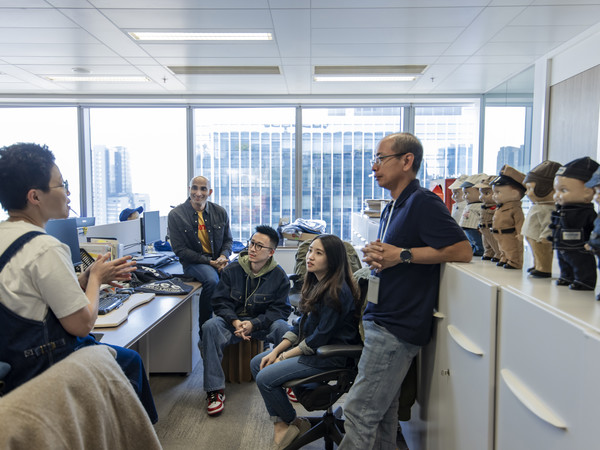At Kontoor Brands, sustainability means the dynamic process of continual improvement for people, for our product and for the planet, enabling shared prosperity for all.
We believe that sustainability is not a destination but a continuous journey that results in progress over time, and our strategy and goals provide a strong foundation on which we build our approach and drive our sustainability performance.
At Kontoor, our achievements in sustainable performance represent a company-wide commitment and a continuum of initiatives that we believe will have a lasting impact on our people, our products and our planet.
Read our 2024 Sustainability Report
See our Consolidated Performance & SASB Index and TCFD Report
STRATEGY VISUALIZATION
Kontoor's sustainability strategy is built on innovation, design and sustainable performance. It underscores our commitment to inspire people to live with passion and confidence.

We are responsible for contributing to a healthier planet and working towards a more equitable society. Simply stated, it is the right thing to do.
Scott Baxter, President, CEO and Board Chair
HEAR FROM OUR CEO ON HOW WE EMBRACE SUSTAINABILITY




